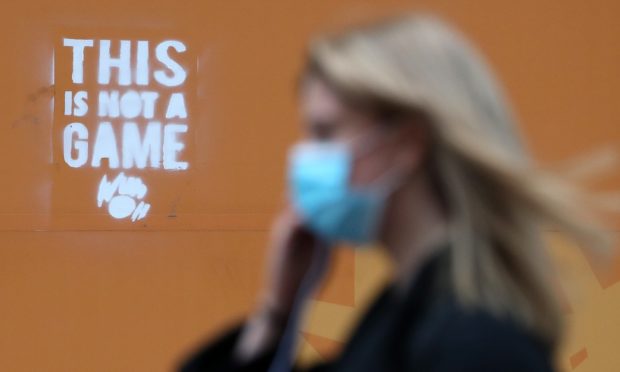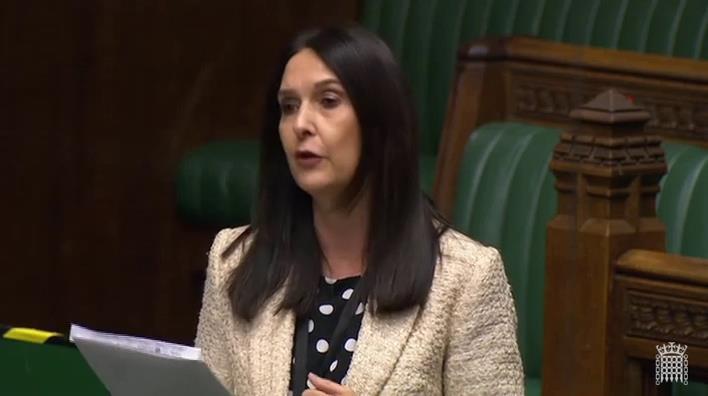More than 80% of people surveyed who had Covid-19 symptoms did not self-isolate, according to a recent study from King’s College London.
Using data collected between March and August on more than 30,000 people in the UK, researchers found that of those who reported the key Covid-19 symptoms in the week before they were surveyed, only 18.2% reported that they had self-isolated.
The most common reasons for not self-isolating were to go to the shops for groceries or to access the pharmacy (18.2%), that their symptoms improved (15.6%) and to go out for a medical need other than Covid-19 (14.9%).
It comes as MP Margaret Ferrier was suspended from the SNP for travelling from Scotland to Westminster after experiencing Covid-19 symptoms then taking the train back after testing positive.
In her statement released on Thursday night, Ms Ferrier said she had experienced “mild symptoms” on Saturday afternoon and took a test that day.
She added that, “feeling much better”, she had chosen to travel to London by train on Monday to attend parliament as planned, before testing positive for the virus on Monday.
In a further blow for the contract tracing operation, the major study by King’s College London also revealed only 11% of those in contact with someone testing positive for Covid-19 said they stayed home for the required 14 days.
The key reasons given for not quarantining included not thinking it was necessary to stay away from people outside your own household (14.3%), not developing symptoms (11.9%), to go to the shops for groceries or the pharmacy (10.9%) or having just finished quarantining because of contact with a different confirmed Covid-19 cases (10.9%).
The researchers also found men were more likely than women not to follow the rules, alongside younger people, those with children, those on low incomes and key workers.
Analysis showed that around 70% of people who had not experienced Covid-19 symptoms in the last week intended to self-isolate if they were to develop key symptoms and half intended to request an antigen test.
Senior author Dr James Rubin, from the NIHR Health Protection Research Unit for Emergency Preparedness and Response at King’s College London, said: “Our research indicates the UK public have good intentions to adhere to a test, trace and isolate system but, when they do develop symptoms, there are a number of factors that affect their decisions and their behaviour.
“These vary from individual to individual and household to household but what our study did indicate was that financial constraints and caring responsibilities are common barriers to adherence.”
Fines for those who do not self-isolate
Dr Louise Smith, also of King’s College London, said the results, which date from early March to early August, before recent government announcements about the extra support people will get to self-isolate, suggest those not adhering to guidance may not be financially able to self-isolate or their living situation may “make it difficult”.
In Scotland, applications for a new payment to support those on low incomes to self-isolate will open on October 12.
The £500 payment will be targeted at those on Universal Credit or other benefits, with some “discretion” available for others facing financial hardship.
Those who refuse to self-isolate when required in England face fines of up to £10,000, in a new law introduced on Monday.
Scottish Health Secretary Jeane Freeman confirmed last month that fines were “under discussion” in Scotland.
Dr Smith added: “It also must be remembered that behaviours like self-isolation are nuanced and that there are different levels of non-adherence, some of which may not be as risky as others, such as going for exercise and not coming into contact with anyone compared to using public transport or going shopping. Our analyses did not take this nuance into account.”


